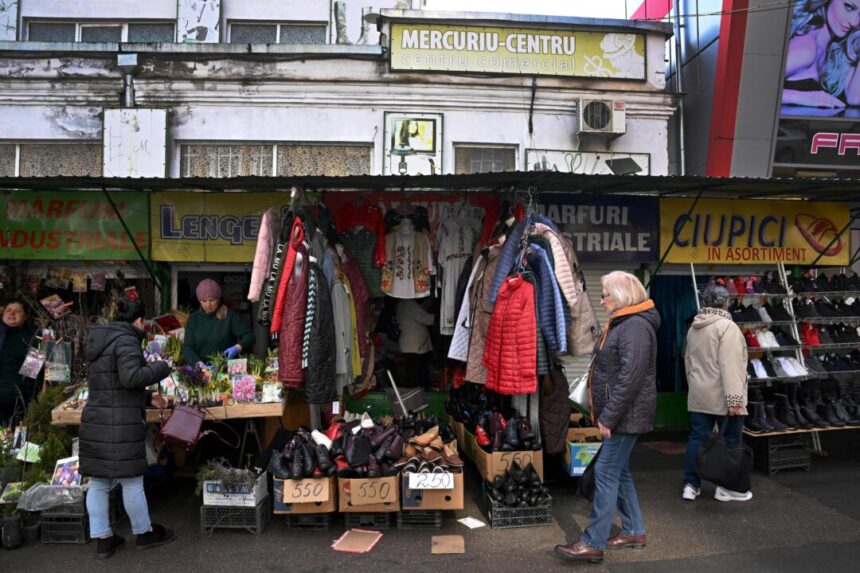Commentary
Foreign aid is a hotly debated topic, with advocates arguing that it helps poor countries become more prosperous while skeptics claim it is ineffective and even harmful. According to the latest data from the Organization for Economic Cooperation and Development, donor governments gave over $220 billion in foreign aid last year. However, the United Nations insists that rich countries should double their aid budgets.
Those skeptical of aid argue that it does not lead to economic development and can actually hinder growth by discouraging necessary reforms. They point out that countries receiving large amounts of aid have not seen significant improvements in their poverty levels. The World Bank’s database shows that poor nations have received a total of $4 trillion in aid since 1960, yet many of these countries are still struggling.
For example, Moldova and Romania provide an interesting case study. Despite sharing a common ancestry, Romania has seen substantial economic growth over the past three decades, while Moldova remains one of the poorest nations in Europe. The key difference lies in their economic policies, with Romania embracing capitalism and Moldova plagued by statism.
Despite receiving significant aid, Moldova has not been able to catch up with Romania in terms of economic development. This raises questions about the effectiveness of foreign aid and the need for better conditions to ensure that aid leads to real improvements in economic policy and growth.
In conclusion, while foreign aid has the potential to be beneficial if tied to improvements in economic policy, the current lack of conditionality means that aid often fails to achieve its intended goals. Both donor and recipient governments need to reevaluate their approach to foreign aid to ensure that it truly benefits those in need.
Views expressed in this article are opinions of the author and do not necessarily reflect the views of The Epoch Times.
Please rewrite the following sentence for me.
Source link





